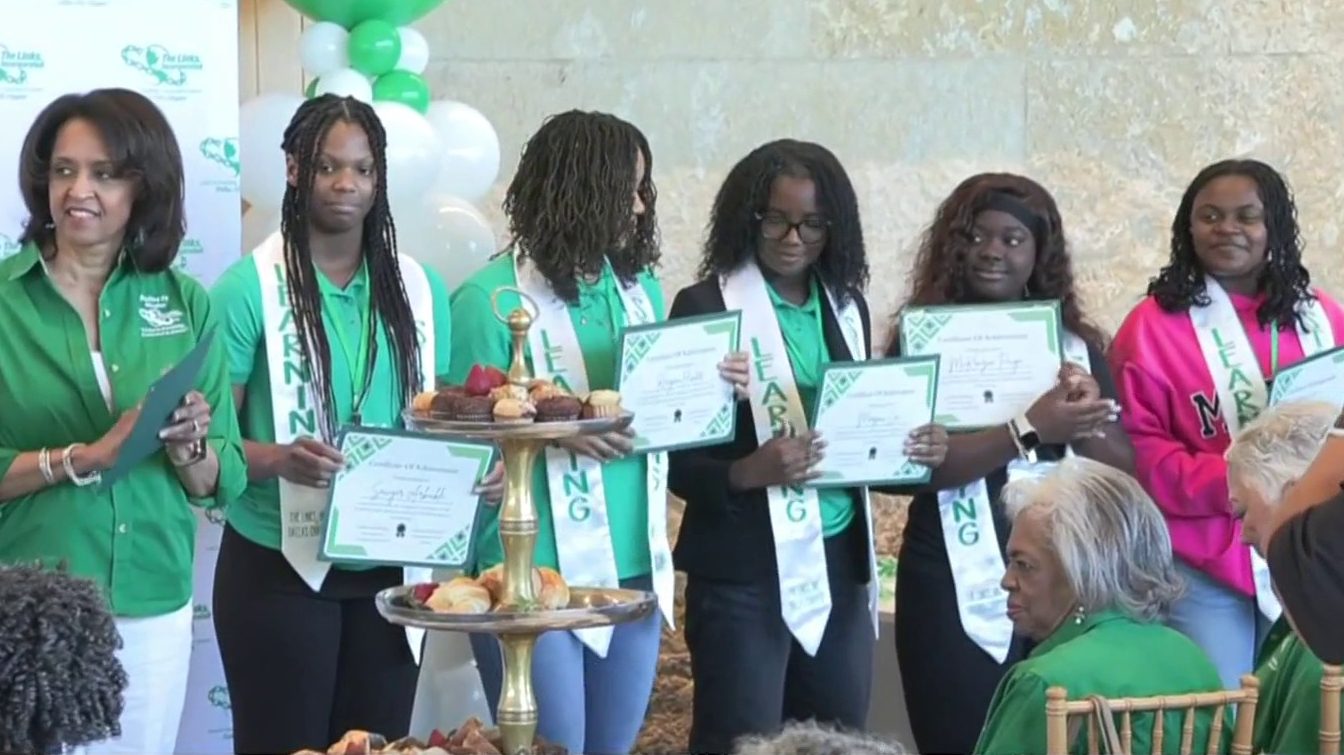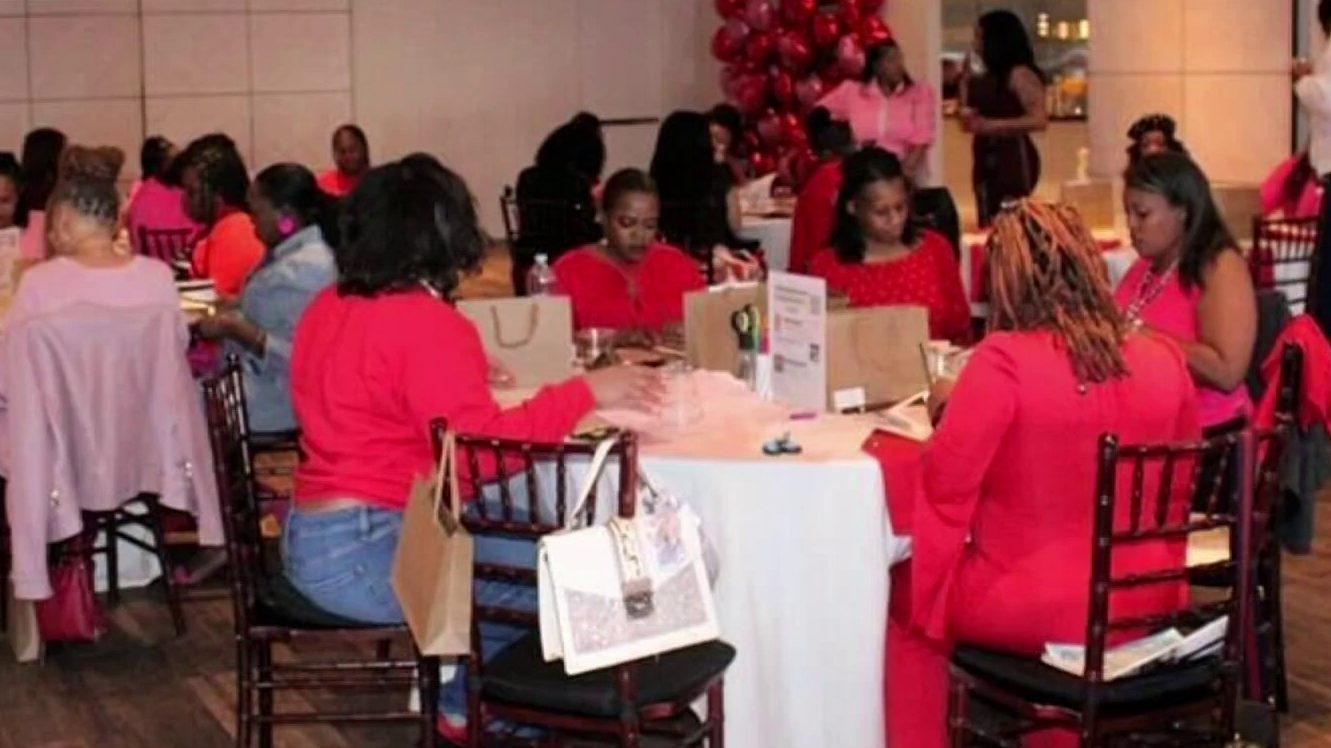The wife of oil tycoon T. Boone Pickens says her proposal for a wild horse sanctuary in the West would be good for the country and save the government close to a billion dollars over the next decade.
Madeleine Pickens told a House subcommittee on Tuesday that the proposed sanctuary for 30,000 wild horses would create a "living museum" for an icon of the American West.
The plan would prevent the "barbaric" slaughter of thousands of horses, Pickens told the House Natural Resources Subcommittee on National Parks, Forests and Public Lands.
But a top federal official said the Pickens plan -- initially welcomed as a way to save thousands of horses from being euthanized -- is "problematic" and not viable as proposed.
"We really appreciate Mrs. Pickens' proposal, but it has presented some problems" said Ed Roberson, assistant director of renewable resources and planning for the Bureau of Land Management, which runs the wild horse program.
Pickens' plan for a million-acre refuge in Nevada includes a federal stipend of $500 per horse per year -- or $15 million a year for 30,000 horses -- in return for taking the animals off the government's hands.
The refuge would be located in part on public lands. Pickens said that was necessary because horses can roam up to 50 miles a day, but Roberson said it was "problematic" to try to combine federal and private property for the program.
Local
The latest news from around North Texas.
About 33,000 wild horses roam in 10 Western states, about half in Nevada. The horses and burros are managed by the BLM and protected under a 1971 law enacted by Congress.
Pickens testified Tuesday in favor of a bill to ban the killing of healthy horses and burros that roam public lands, as well as set aside more land for the animals.
Democratic Reps. Nick Rahall of West Virginia and Raul Grijalva of Arizona sponsored the bill, which they said would ensure that horses are not killed in the name of saving money.
"Let me state that the BLM is not going to slaughter 30,000 wild horses -- not under this chairman," said Rahall, chairman of the House Natural Resources Committee.



